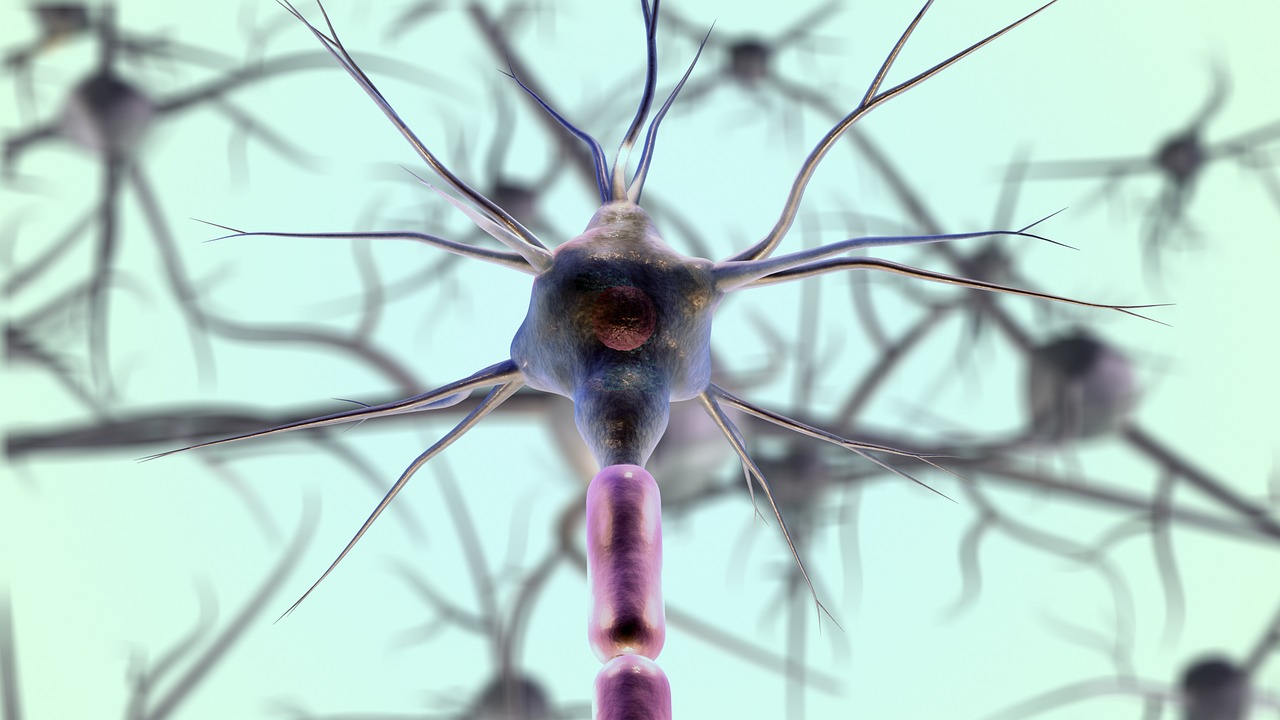Rewiring your Brain: The Neuroscience of Mindfulness
Have you ever wondered how simply focusing on your breath can transform your health? The ancient practice of mindfulness, which involves focusing one's awareness on the present moment, has been redefined by modern neuroscience. Mindfulness, a practice stemming from Buddhist traditions, has been integrated into Western psychology over the past few decades. The concept, rooted in the idea of living in the moment and acknowledging one's feelings and thoughts without judgment, was first introduced to Western medicine in the late 1970s. This was primarily due to the work of Jon Kabat-Zinn, who developed a program called Mindfulness-Based Stress Reduction (MBSR) to treat patients with chronic pain.

Mindfulness and the Brain: The Science
Recent advancements in brain imaging technologies have allowed scientists to delve into the impact of mindfulness on the brain. Neuroplasticity, the brain’s ability to reorganize itself by forming new neural connections, plays a significant role. Research suggests that mindfulness practice can lead to structural changes in areas of the brain involved in learning and memory processes, emotion regulation, self-referential processing, and perspective taking.
Benefits and Challenges of Mindfulness
The practice of mindfulness has been linked to reduced stress, improved focus, and better emotional resilience. However, like any other practice, it comes with challenges. For beginners, maintaining the discipline to practice regularly can be difficult. Additionally, some people may struggle with misconceptions that mindfulness practice means emptying the mind of thoughts.
The Future of Mindfulness: Integrating with Modern Medicine
The incorporation of mindfulness into mainstream medicine is a growing trend. Mental health professionals are increasingly recommending mindfulness techniques to patients as a way to alleviate symptoms of disorders like depression, anxiety, and post-traumatic stress disorder (PTSD).
Quick Brain-Boosting Tips
- Regular Exercise: Physical activity is known to stimulate brain cell growth.
- Healthy Eating: Foods rich in antioxidants can help protect your brain from damage.
- Adequate Sleep: A good night’s sleep can enhance your memory and problem-solving skills.
- Regular Mindfulness Practice: Even a few minutes a day can have a significant impact.
Conclusion
The practice of mindfulness, a blend of ancient tradition and modern science, holds immense potential in the realm of health and wellness. By effectively rewiring the brain, it can help individuals manage stress, focus better, and improve emotional wellbeing. With continued research and integration into modern medicine, mindfulness could become a cornerstone of holistic health.




